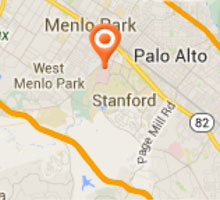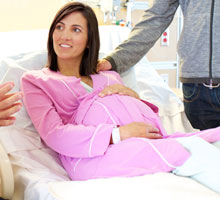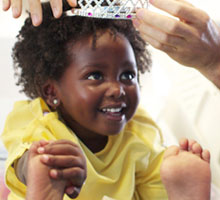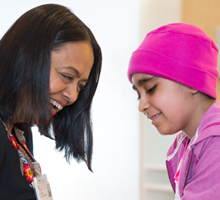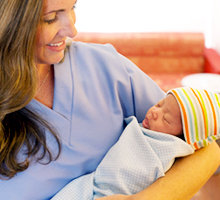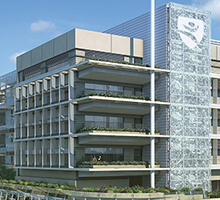Treatments We Offer
Fertility preservation
A range of options to help patients, including cancer patients, who wish to preserve their ability to have children in the future.
Read more about fertility preservation
Intrauterine insemination
A fertility treatment in which a catheter is used to place sperm directly into a woman's uterus to increase the number of sperm that reach the fallopian tubes and subsequently increase the chance of fertilization.
Read more about intrauterine insemination
In vitro fertilization (IVF)
One of the most common and effective types of assisted reproductive technology to help women become pregnant; the procedure involves fertilizing an egg outside the body, in a laboratory dish, and then implanting it in a woman's uterus.
As a step in the IVF process, we offer the Eeva Test to our patients. Using time-lapse photography, this test allows our embryologists to select embryos with the highest developmental potential. Ask your doctor if this process is appropriate for you.
What is in vitro fertilization (IVF)?
Ovulation induction
The use of medications to stimulate the follicles in the ovaries, resulting in the release of multiple eggs in one cycle to increase chances of fertilization.
Read more about ovulation induction
Preimplantation Genetic Diagnosis (PGD)
When a parent or parents carry a mutation that puts them at risk for having a child with a hereditary disorder, preimplantation testing of embryos can diagnose an embryo as affected or unaffected and embryos which do not carry the affected gene can be selected for transfer. This process is called PGD. It can significantly reduce the chances of having an affected child. It is typically done on patients who have no difficulty conceiving. Many couples know that they are at risk due to a family member with the disease, but some patients may be silent carriers. Preconception carrier screening can help identify patients and couples at risk for having a baby with a common genetic syndrome.
Preimplantation Genetic Screening (PGS or CCS)
Preimplantation genetic screening is different from PGD because it is done on patients who do not carry a known disease-causing mutation, but wish to reduce their chances of chromosomal imbalance which could lead to miscarriage or a baby with an extra or missing chromosome, such as Down’s syndrome. As women age, their eggs are at higher risk of carrying a missing or extra chromosome. Preimplantation genetic screening of embryos can include all 24 chromosomes and is, therefore, sometimes referred to as comprehensive chromosome screening (CCS). PGS can be performed in conjunction with a standard IVF cycle in any couple, but is typically considered in patients where the female partner is over 35 years of age. An additional benefit of PGS is that in improves our ability to choose the healthier embryos in a cohort, achieving a high success rate with a single embryo transfer and reducing the risks of twin pregnancies.
Reproductive surgery
Surgical correction of disorders of the reproductive system which may be causing fertility issues; many abnormalities can be treated with minimally-invasive surgery.
Read more about reproductive surgery





